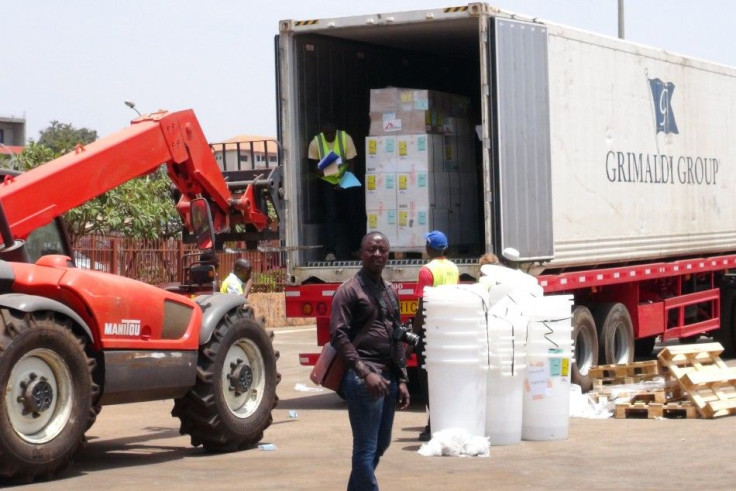Ebola Virus: NZ Health Officials Given 'Powers' to Stop Ships, Planes from Entering Border

The New Zealand government has given additional powers to the country's public health officers to keep ships and aeroplanes from crossing the border if a person on board is suspected of carrying the Ebola virus.
In a press release, Associate Health Minister Jo Goodhew said the current Ebola outbreak in West Africa has become the "worst outbreak" of the virus on record and has prompted the World Health Organisation (WHO) to declare an international health emergency.
Reports said the possibility of Ebola reaching New Zealand is "extremely low" but authorities are not taking chances. Health officials have been asked to conduct a review regarding the country's preparedness for the potential threat to public health.
Goodhew said the WHO has advised countries to take the necessary precautions to minimise the risk of Ebola to public health. Under the Health Act, viral haemorrhagic fevers like Ebola have been listed as "notifiable diseases." Medical practitioners are required to report suspected cases of Ebola.
The New Zealand Cabinet has decided that viral haemorrhagic fevers capable of infecting other humans will be on the list of infectious diseases subject to quarantine provisions.
Public health officials will be allowed to check incoming aircraft and ships before people will be allowed to step on New Zealand soil. Although reports said this will only be a routine inspection, captains or masters of ships will now be required to inform border officials of people getting sick while on board.
The New Zealand Ministry of Health has been coordinating with health and border officials to ensure proper screening and preparedness for Ebola.
Goodhew said the government has enforced another precautionary measure to reduce the growing threat of Ebola.
Although far from West Africa, two New Zealand nurses have been sent to Sierra Leone to aid other members of the international Red Cross in fighting the disease. The virus has claimed almost 1,000 lives with no available treatment or official vaccine out in the market.
The United Nations and WHO believe a vaccine against Ebola will be available in 2015.




















